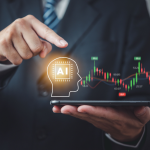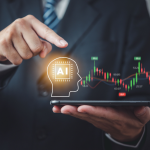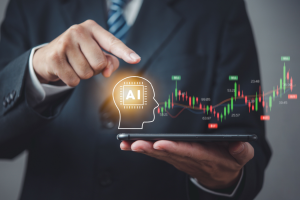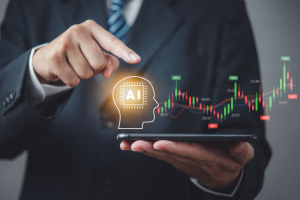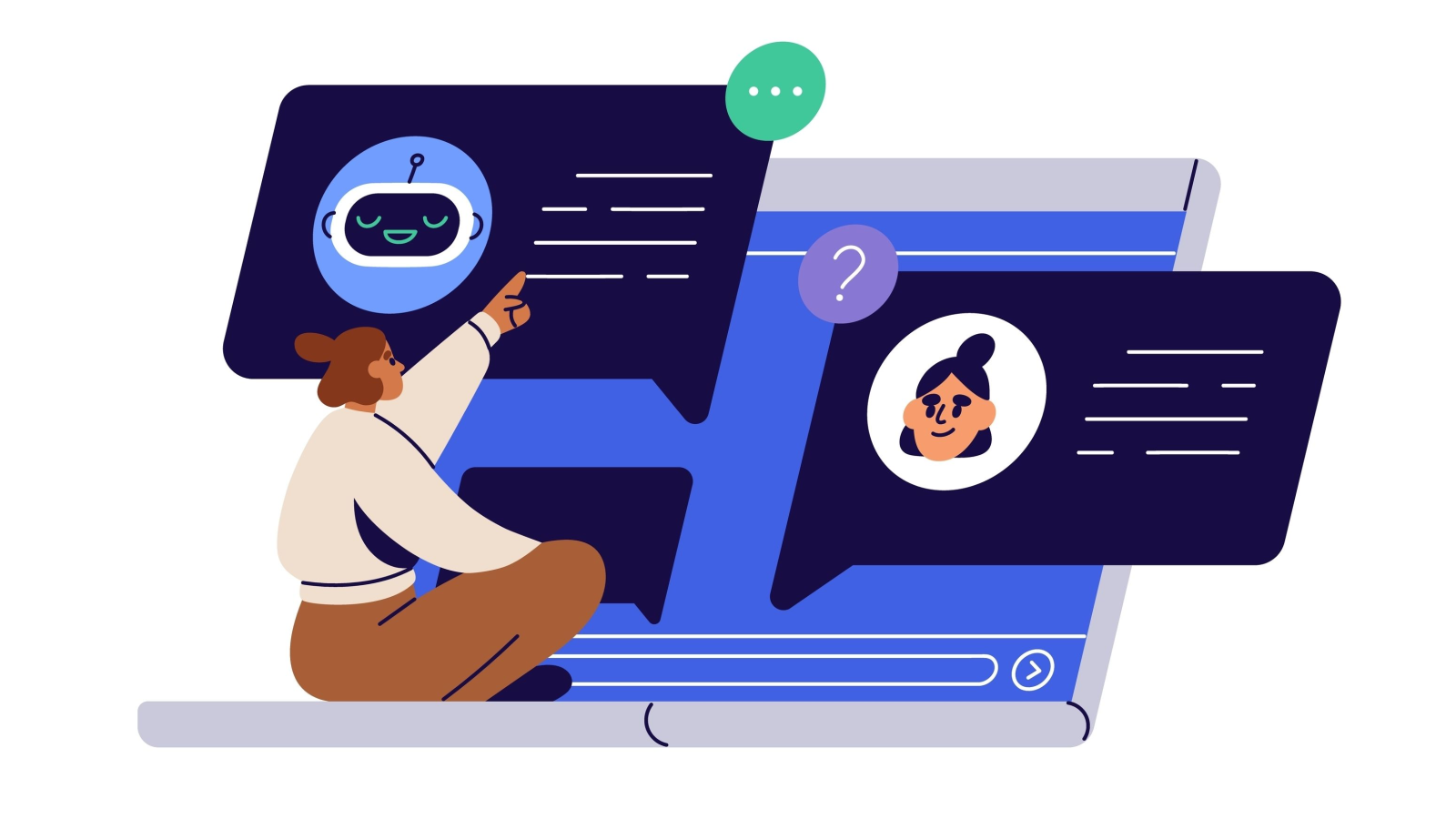
When ChatGPT launched in November 2022, it was such a novel platform that many wondered if it could ever be replicated. But less than a year later, every major tech company is now launching their own AI chatbot. And that’s signaling what we consider to be a very investable craze.
Right now, what we are seeing with AI chatbot development is nothing short of a gold rush. And it’s being driven by the biggest and most powerful companies in the world.
Alphabet (GOOGL) – the $1.7 trillion search giant with $120 billion in cash on its balance sheet – has created Bard, its in-house AI chatbot that has already been incorporated into Google Search and Google Cloud.
Apple (AAPL) – the $2.7 trillion iPhone maker with $166 billion in cash – is reportedly spending millions a day to advance its large language models in hopes of creating a more advanced version of Siri.
Amazon (AMZN) – the $1.4 trillion retail juggernaut with $64 billion in cash – just poured $4 billion into Anthropic, a top startup with world-leading AI chatbot technology.
Later this week, Meta (META) – the $775 billion social media titan with $53 billion in cash – will launch a series of “character AI chatbots” that each feature unique personalities.
And, of course, Microsoft (MSFT) – the $2.4 billion computing giant with $111 billion in cash – owns a huge stake in OpenAI, ChatGPT’s creator.
Folks, the world’s largest companies – with multi-trillion-dollar valuations and hundreds of billions in cash – are going “all-in” on the AI chatbot craze.
And that’s because AI chatbots are the future. They will soon become ubiquitous.
AI Chatbots: Answering Modern Questions Using Modern Solutions
Perhaps philosopher Peter Abelard posed it best when he wrote, “The master key of knowledge is, indeed, a persistent and frequent questioning.”
Indeed, recent research suggests humans have more than 6,000 thoughts per day. And most of those thoughts compose questions.
Am I overwatering my plants? Are there any interesting events near me this week? What Netflix show should I watch tonight? How do you fix a broken door handle?
Nowadays, to find answers to our questions, we turn to Google, ask friends, or seek an industry expert. (I, for one, have learned a lot in the aisles of Home Depot.)
But we believe that within a few years, we will answer all those questions using AI chatbots.
There will be a general AI chatbot, like ChatGPT, to answer general questions. But more excitingly, there will be industry-specific chatbots to more comprehensively answer specialized questions.
I imagine a near future wherein there’s an AI chatbot for everything…
An AI chatbot for automotive repair; one for home remodeling and construction; another for gardening. There will likely be an AI chatbot for cooking, one for cleaning or for sports, music, movies, and more.
This future is being built right now.
The Final Word
Meta’s character chatbots – expected to be announced tomorrow – are a big step toward this AI-driven future.
The tech firm has developed dozens of AI personality chatbots with distinct characteristics, traits, and knowledge. For example, there’s “Bob the robot,” a smart and sassy robot with a farcical sense of humor, and “Alvin the alien,” an alien-proxy chatbot that is fascinated with knowing more about humans.
Of course, Meta differentiates these chatbots by training them on different datasets and with different parameters. This results in more specific, relatable, and human-like chatbots that aren’t just a modified version of Google.
We believe this is a glimpse into the future, wherein there are hundreds, if not thousands, of chatbots, each with their own personalities and abilities. And they will all work together to answer whatever question we may pose.
That’s also the future that Microsoft envisions – and Alphabet, Apple, Amazon, and Meta.
It’s why they’re all pouring billions of dollars into the AI chatbot craze.
And it is also why you should be investing alongside them.
What better way to invest in this craze than investing in the world’s top chatbot?
On the date of publication, Luke Lango did not have (either directly or indirectly) any positions in the securities mentioned in this article.

